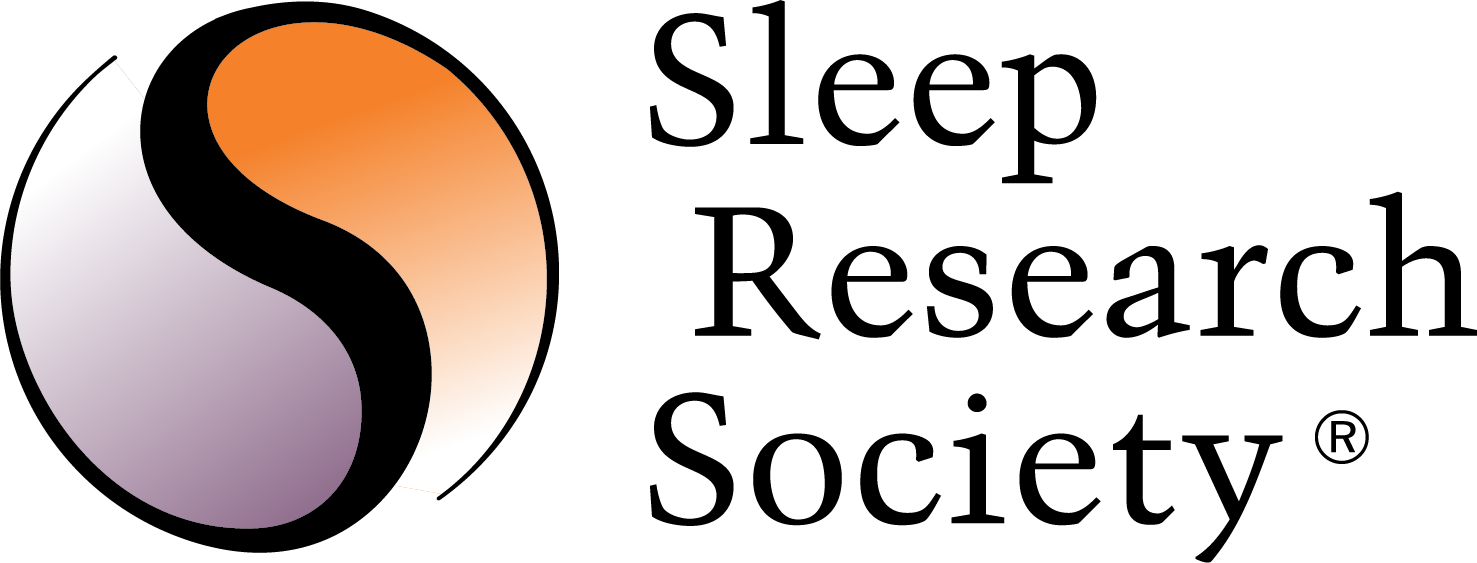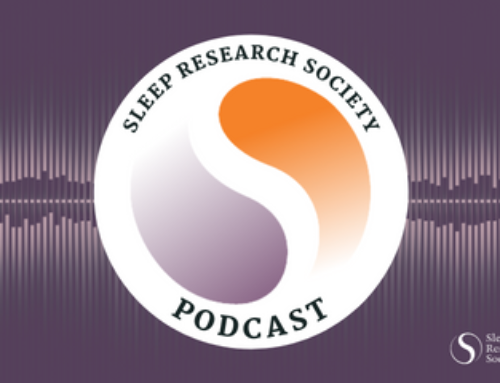SLEEP experienced a disappointing decrease in Impact Factor (IF) from 5.135 in 2017 to 4.571 in 2018. The Editors have been working with our publisher, Oxford University Press (OUP), to identify why the decrease might have occurred and what can be done to reverse it.
The formula for the 2018 IF calculation was:
- # of citations in 2018 for all articles published in 2016 and 2017
- # of citable articles published in 2016 and 2017
2018 was the first year that Volume 40 (2017) contributed to the IF. What caused its poor performance? Volume 40 contained more citable articles than each of the previous two volumes, and the denominator for the IF increased from 415 in 2017 to 443 in 2018. Why was the increase in the denominator not offset by an increase in citations? There can be a number of reasons for this, one being the quality of published papers. But it is important to remember that the 2017 volume was unique in being the first published by OUP. The new SLEEP /OUP website went live on January 1, 2017 and in spite of best efforts to publicize it, total page views in early 2017 were below 2016 levels and did not surpass those levels until October of 2017. The combination of an increase in the denominator and low website traffic during much of 2017 may have contributed to the IF drop in 2018.
What can be done to recover the IF? Managing the denominator will be important. It will decrease to 420 in 2019. The goal going forward will be to publish approximately 200 citable articles per volume. How can the number of citations be increased? The Editorial Board works constantly to refine peer review to identify the best papers. We highlight journal content with frequent new content email alerts, monthly Editor’s Choice selections and at least one Virtual Issue/year. The good news is that traffic on the SLEEP/OUP website has continued to rise since late 2017, with page views in 2018 approximately doubling those in 2016, with an additional 15-20% year to date increase in 2019. While it takes one or more years to learn if changes to journal policies and procedures are having a positive effect on the IF, I believe there are reasons to expect a better outcome for SLEEP in 2019.
Ronald Szymusiak, PhD
Editor-in-Chief of SLEEP






